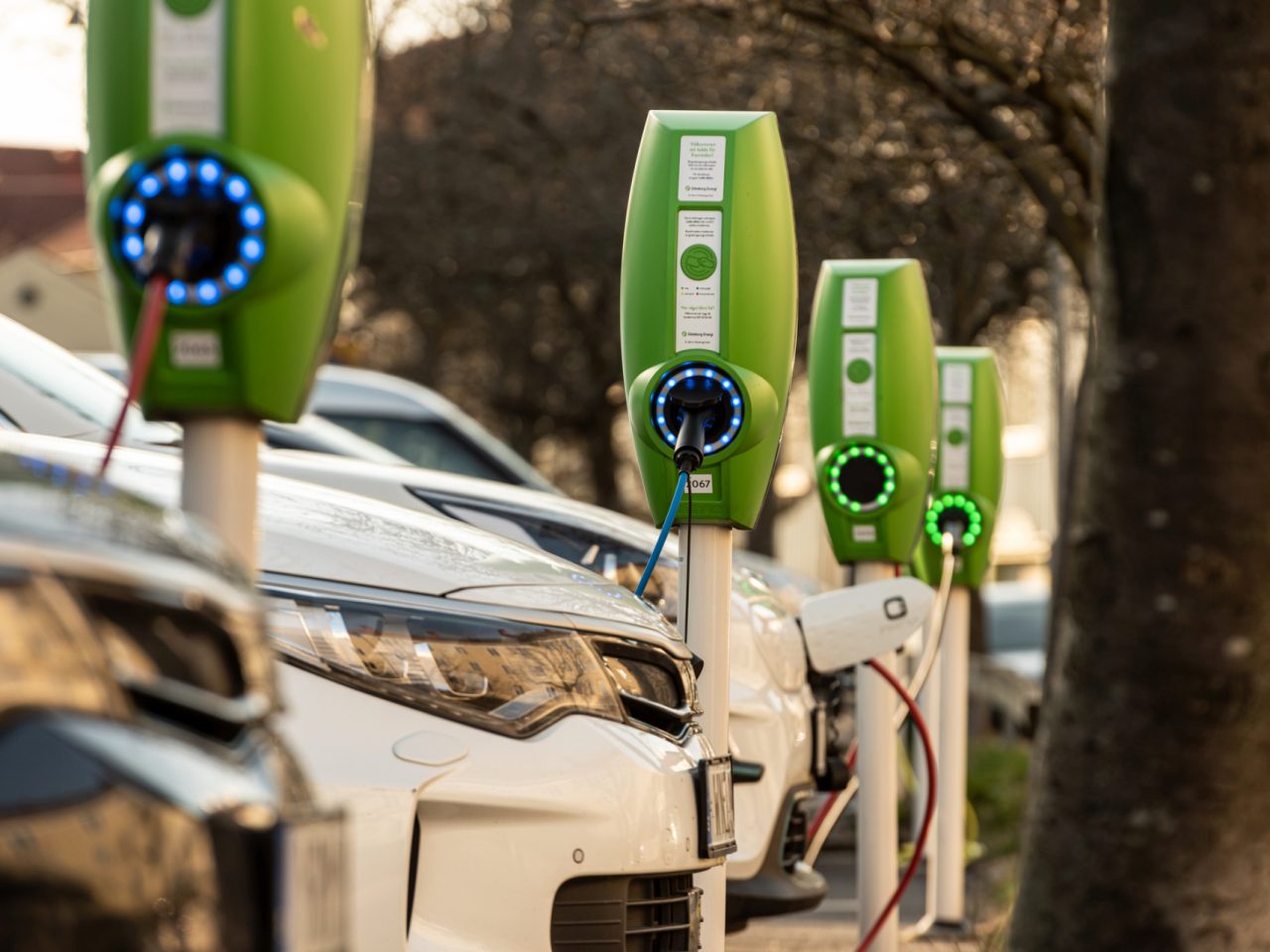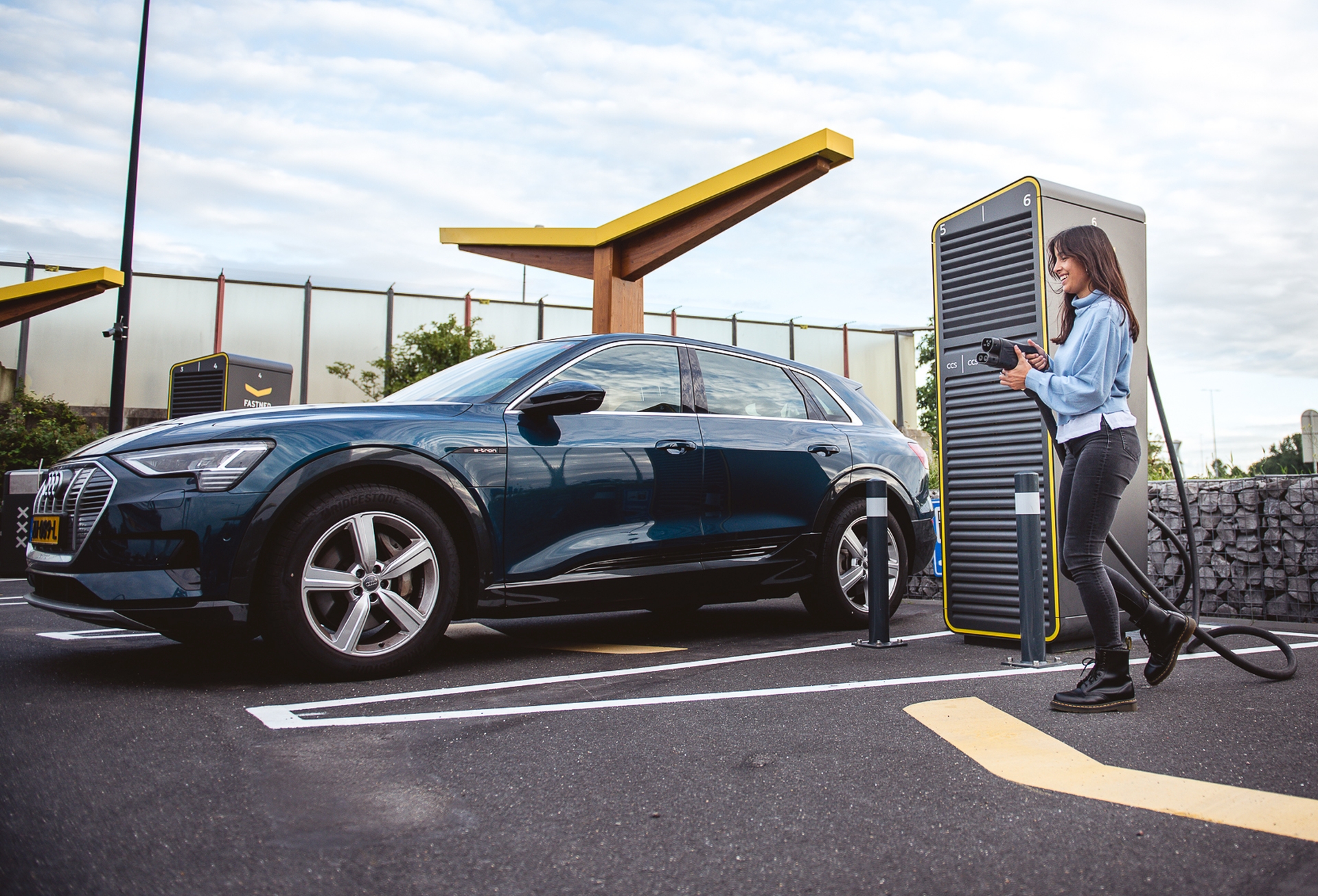What are the advantages and disadvantages of electric driving?
Advantages of electric driving
More and more car brands are announcing that they will stop using diesel and petrol cars for good around the end of this decade (2030). Those brands will then only sell electric cars. In the next decade, there will also be countries where new petrol and diesel cars may no longer even be sold. In the run-up to that big change, drivers are being encouraged to switch to an electric car now with the help of subsidies and other financial benefits. The fact that traditional fuel cars are being phased out has to do with the fact that electric cars offer all kinds of advantages.
– No emissions while driving
The main advantage of an electric car is that it does not consume any fuel. So no exhaust gases are released while driving. An electric car doesn’t even have an exhaust. Electric cars must contribute on a large scale to reducing CO2 emissions and improving air quality, as agreed in the Climate Agreement. Read all about the environmental benefits of an electric car here .
– Electricity is cheaper than fuel
With an electric car you pay lower mileage costs, because electricity is a lot cheaper than petrol and diesel. Let’s give an idea with the calculation example below.
- With an average petrol car with a practical consumption of 6.5 litres/100 km and a current petrol price of € 2.10 per litre, you arrive at € 0.136 per kilometer .
- With an average electric car with a practical consumption of 20 kWh/100 km and a common charging rate of € 0.40 per kWh, you arrive at € 0.08 per kilometer .
– Lower maintenance costs
An electric car requires less maintenance. This is mainly because the drive technology of an electric car is much simpler, with considerably fewer parts that move and wear out. An electric car has hardly any liquids to lubricate and cool parts. And therefore no liquids and filters that have to be replaced over time. The brakes of an electric car also wear out less quickly. Read all about the maintenance of an electric car here .
– Financial advantages
To encourage the purchase of an electric car, private individuals, lease drivers and entrepreneurs benefit from various tax benefits. Think, for example, of the exemption from road tax and BPM, a low addition and environmental investment deduction. Private individuals can also apply for a subsidy for the purchase of an electric passenger car. Entrepreneurs can apply for a subsidy for an electric company car. Read all about tax benefits and subsidy schemes for electric cars here .
– Electric motor has higher efficiency
An electric motor has a number of properties that are very useful in a car. For example, an electric motor is much more efficient thanks to an efficiency of about 95%. That means almost all the energy that goes into it is converted into motion to make the wheels turn. In an internal combustion engine, about a third of the energy is lost in heat alone.
– Recover energy
Another property of an electric motor is that it can not only drive the wheels, but also generate electricity. Every time the power pedal is released, the electric motor immediately acts as a generator and slightly recharges the battery. Ideal of course. Free power! Especially in city traffic where you often have to brake, you can get quite a bit extra from the battery.
– Comfortable, quiet and powerful
Driving an electric car is more comfortable and relaxing than a fuel car. An electric motor hardly makes any noise, is completely vibration-free and accelerates very smoothly without shifting moments. The engine also does not need to warm up on a cold start. Furthermore, an electric car accelerates quite vigorously from standstill because an electric motor reacts immediately and delivers all its maximum pulling power from standstill. An internal combustion engine has to come up to speed first and there is always some form of deceleration.

Disadvantages of electric driving
An electric car also comes with a number of disadvantages. At least, still. Due to the rapid development of technology, many things are continuously improved, so that more and more disadvantages disappear.
– Electric car more expensive to purchase
For example, an electric car is now even more expensive to purchase compared to a comparable petrol car. Due to the continuing decline in battery prices, there will come a time when an electric car will cost the same or be cheaper than a comparable petrol car. Production costs of lithium-ion batteries have fallen by about 90% since 2010.
– Limited range
With an electric car you also have to take the range into account. That is the number of kilometers that you can drive with the available energy. If the battery runs out, you won’t be able to continue in a few minutes. So you have to plan your ride and take into account the distances you want to drive. Research has shown that many motorists are still afraid of being stranded on the road with an empty battery, also known as ‘range anxiety’.
– Charging takes time
Unlike a petrol and diesel car that you can fill up in a few minutes, charging an electric car is much slower. In fact, it takes hours to recharge an empty battery via a regular charging point. Fortunately, with a fast charger along the highway this is a lot faster. In most electric cars, the battery can be charged to 80% in 30 to 40 minutes. But then it shouldn’t be crowded. If all chargers are occupied, it just takes an hour or more before you can continue.
– Not always and everywhere better for the climate
The production of an electric car releases more CO2 than a petrol or diesel car. Once the cars are on the street, it’s the other way around. The electric car may have a lot to catch up on, but with its zero-emission electric powertrain, it should be quite successful. But then the electricity that the electric car runs on must not be ‘too dirty’. Based on the average European energy mix and the energy mix in the Netherlands, an electric car is ultimately more environmentally friendly than a petrol or diesel car. However, there are countries (in Europe) where so much coal is used to generate electricity that an electric car can hardly compensate and at the end of its life it scores hardly or not at all better than a comparable petrol car.
– Precious raw materials needed for batteries
Small amounts of cobalt and lithium are required for the production of batteries for electric cars. These are rare earth metals that are not infinitely available. That is why battery manufacturers are busy developing batteries with alternative raw materials such as sodium, which makes the production of batteries faster, cheaper and more environmentally friendly.
– Few electric cars are allowed to tow a trailer
It is not self-evident that you are allowed to tow a trailer with an electric car. Many electric cars are not designed to tow a trailer for various reasons. There are also brands that do not prioritize towing weight and simply have not applied for type approval for towing a trailer. So keep this in mind if, for example, you own a caravan and want to switch to an electric car.
– Much loss of range in winter
The battery in an electric car is sensitive to low temperatures. The colder the battery, the less energy it can hold. Normally you can drive less far in winter with a full battery than in summer, possibly even 50% less. However, more and more electric cars are coming onto the market with a system to heat the battery in the winter or cool it in the summer, so that it functions optimally in all types of weather. A battery performs best at temperatures between 15 and 25 degrees Celsius.
– Limited supply of charging points abroad
The Netherlands is the leader in Europe with the most charging points per kilometer of asphalt and the most charging points per inhabitant. A charging station can be found everywhere, but that certainly does not apply to other countries in Europe. The European infrastructure is far from in order. So keep this in mind if you travel abroad with an electric car. At charging stations along popular holiday routes, many traffic jams have arisen from (Dutch) electric cars in recent years, simply because the supply of charging points is still too limited.

